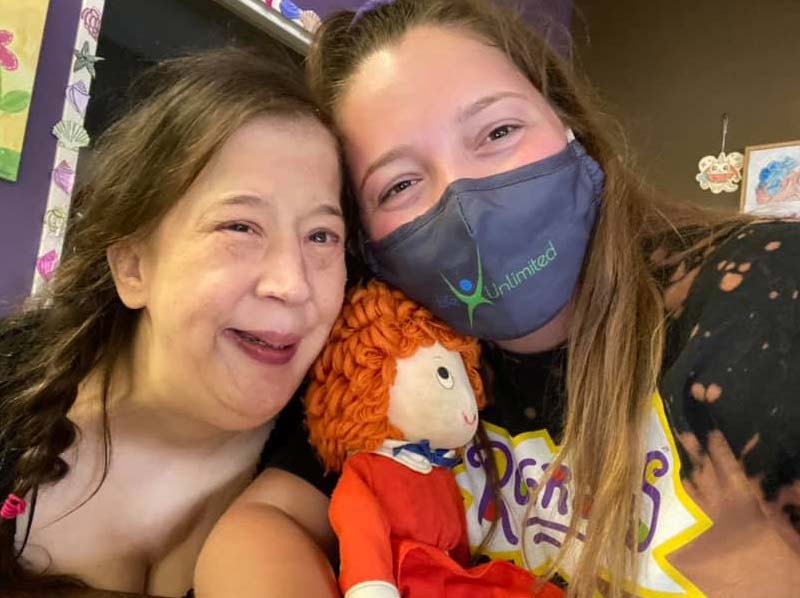Applied Behavior Analysis (ABA)

Promoting positive change in the lives of people with disabilities.
ABA uses data-based decision making and relies heavily on caregiver involvement.
Caregivers are trained to collect data and implement interventions through sessions with their behavior analyst. ABA service providers and caregivers will work closely to evaluate progress and determine if changes to programming are needed.
All interventions are research-based, individualized to meet each person’s specific needs and functions of behavior, and overseen by professionals who are certified by the Behavior Analyst Certification Board® and licensed to practice in the state of Missouri. ABA services can be applicable to all ages and all abilities, and interventions can be implemented in a wide variety of locations, including homes, day programs, schools, and in the community.
What To Expect
-
Skill acquisition
-
Safety skills training
-
Social skills training
-
Functional communication training
-
Overcoming barriers to learning
-
Increasing motivation to complete tasks
-
Challenging behavior reduction
Success Story
One of our individuals in our Community Living program received ABA services throughout 2019 to address a challenging behavior that was resulting in self-harm and significant injury. The ABA department was able to conduct observations, gather data, and develop an individualized Behavior Support Plan that would support the individual through two phases: habit reversal training and self-monitoring. In the first phase, her support team members prompted her to engage in a safe replacement behavior. This replacement behavior would allow her to meet her needs while not harming herself.
In the second phase, her support team members worked with her to self-monitor the challenging behavior. Over the past year, the Behavior Support Plan and intervention has been amazingly effective: she began to engage in the replacement behavior independently and discontinued the harmful behavior. With the support of the ABA department and her Community Living support team, her previously created wounds began to heal and fewer wounds began appearing. She was discharged from services at the end of the year following successfully reaching her goal of reducing the challenging behavior to near zero levels!
Make A Referral or Request More Information
If you’re interested in making a referral to ABA services or want to receive more information about ABA services, we’re here to help.